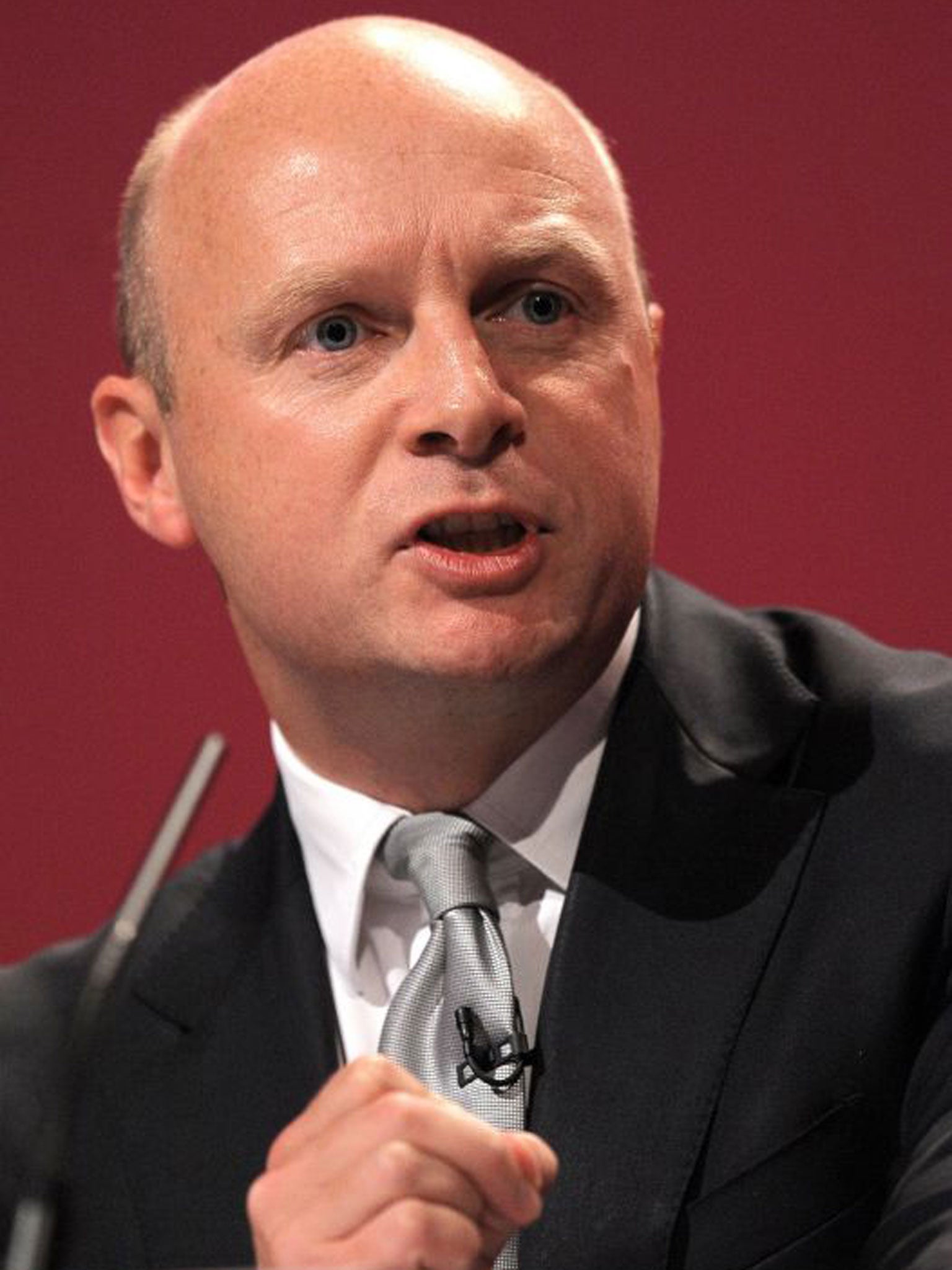Crackdown on disability benefits costs taxpayer £66m in appeals costs
Appeals bill soars over claims Atos ‘is getting more decisions wrong than ever before’

Your support helps us to tell the story
From reproductive rights to climate change to Big Tech, The Independent is on the ground when the story is developing. Whether it's investigating the financials of Elon Musk's pro-Trump PAC or producing our latest documentary, 'The A Word', which shines a light on the American women fighting for reproductive rights, we know how important it is to parse out the facts from the messaging.
At such a critical moment in US history, we need reporters on the ground. Your donation allows us to keep sending journalists to speak to both sides of the story.
The Independent is trusted by Americans across the entire political spectrum. And unlike many other quality news outlets, we choose not to lock Americans out of our reporting and analysis with paywalls. We believe quality journalism should be available to everyone, paid for by those who can afford it.
Your support makes all the difference.The Government’s crackdown on disability benefit payments has cost the taxpayer more than £66m in appeals, it emerged on Sunday.
Figures released to the Labour Party showed that the cost of tribunals hearing employment and support allowance (ESA) appeals trebled from £21m in 2009/10 to £66m in 2012/13.
The shadow Work and Pensions Secretary, Liam Byrne, said the Department of Work and Pensions (DWP) needed to “get a grip” and laid some of the blame at the door of Atos, the company controversially contracted to run work capability assessments on behalf of the DWP, saying “more decisions are wrong than ever before”.
But the DWP said the figures were “completely unsurprising”, as the number of work capability assessments carried out for new claims rose from 648,000 in 2009/10 to 723,000 in 2011/12. They added that, overall, only 15 per cent of all fit for work decisions were overturned on appeal.
Labour, citing House of Commons library evidence, claimed the increased costs since 2010 seemed “likely to be related to an increasing proportion of claimants appealing against a refusal of ESA, due perhaps to increased publicity and campaigns by third parties”.
The Justice Minister Helen Grant acknowledged that a rise in the number of appeals was partly to blame for the increase in costs to the HM Courts and Tribunals Service.
The total number of appeals, dealt with both inside and outside tribunals, has increased 66 per cent from 279,000 in 2009-10 to 465,500 in 2012-13. “The increased cost is due to inflationary uplifts and also due to the expansion of the tribunal to deal with the increased volume of appeals received,” she said.
ESA was introduced in 2008 under the last Labour government.
Sarah Lambert, head of policy at the National Autistic Society (NAS), said: “The figures show what the NAS has long been arguing – the current system is producing too many wrong decisions which are inevitably costing more to the taxpayer.
“It’s a false economy. Without proper training so that assessors understand the complexities of the disabilities they are considering, this will continue.
“Wasting public money and causing stress and anxiety to genuine claimants is neither fair nor workable. The Government must get its house in order.”
A spokesman for the DWP said: “It is completely unsurprising that the number and cost of appeals has risen, because the number of work capability assessments carried out has increased substantially since we started reassessing 1.5 million incapacity benefit claimants in 2010.
“We have made significant improvements to the assessment since 2010, and the percentage of people getting long-term unconditional support has more than doubled in two years.”
Join our commenting forum
Join thought-provoking conversations, follow other Independent readers and see their replies
0Comments